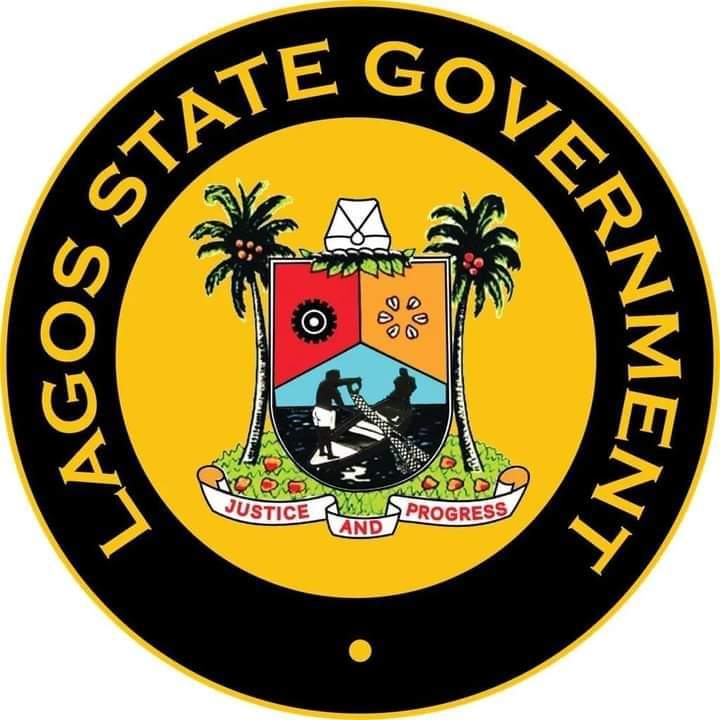The Lagos State Government has taken significant steps toward overhauling key legal frameworks affecting land transactions, marriage documentation, and tenancy arrangements in the state.
State Attorney-General and Commissioner for Justice, Lawal Pedro (SAN), revealed on Wednesday that two major bills have received executive approval and are headed to the Lagos State House of Assembly for consideration. He made this known during the 2025 Ministerial Press Briefing commemorating Governor Babajide Sanwo-Olu’s second year in office during his current term.
One of the proposed laws introduces the creation of a Lis Pendens Registry, a specialized system designed to document properties involved in legal disputes. The registry is expected to serve as a safeguard for potential buyers, helping to prevent unsuspecting individuals from purchasing land embroiled in litigation.
Pedro explained, “This registry will serve as a central database to alert the public and prospective investors to ongoing legal issues tied to property, thereby promoting transparency in real estate dealings.”
The second bill proposes the establishment of a Marriage and Dissolution Registry, which aims to officially register all marriages—regardless of tradition or denomination and provide uniform certification. This move seeks to streamline marriage validation procedures across the state.

In addition, the justice ministry has drafted an amendment to the 2016 Tenancy Law, targeting exploitative practices in Lagos’ rental market. According to Pedro, the proposed changes will address concerns such as sudden rent hikes, unresolved rent arrears, and lengthy court battles between landlords and tenants.
“With Lagos growing rapidly, housing fairness must be prioritized. We are committed to building a more equitable tenancy system,” he said.
Further legislative reform includes the harmonization of three separate laws addressing sexual and domestic violence. The consolidation seeks to bolster legal protection for victims and ensure consistency across enforcement channels.
The state also launched the Lagos Criminal Information System, a digital platform that tracks criminal cases within the magistrate and high courts, streamlining judicial processes and improving case management.
Pedro raised concerns about the overcrowded state of correctional facilities in the state, noting that inmate populations had exceeded capacity by 106%. However, he expressed confidence that ongoing reforms would help alleviate the pressure.
“Data shows Ikeja, Lagos Island, and Lekki lead in criminal activity. We are deploying targeted legal interventions in those areas,” he noted.
The ministry’s efforts are supported by various departments and agencies, including the Law Reform Commission, Citizens’ Mediation Centre, and the Domestic and Sexual Violence Agency.
Pedro concluded by affirming the government’s dedication to justice reform, saying, “Justice underpins a safe, prosperous society. A strong legal system is vital for lasting development.”




